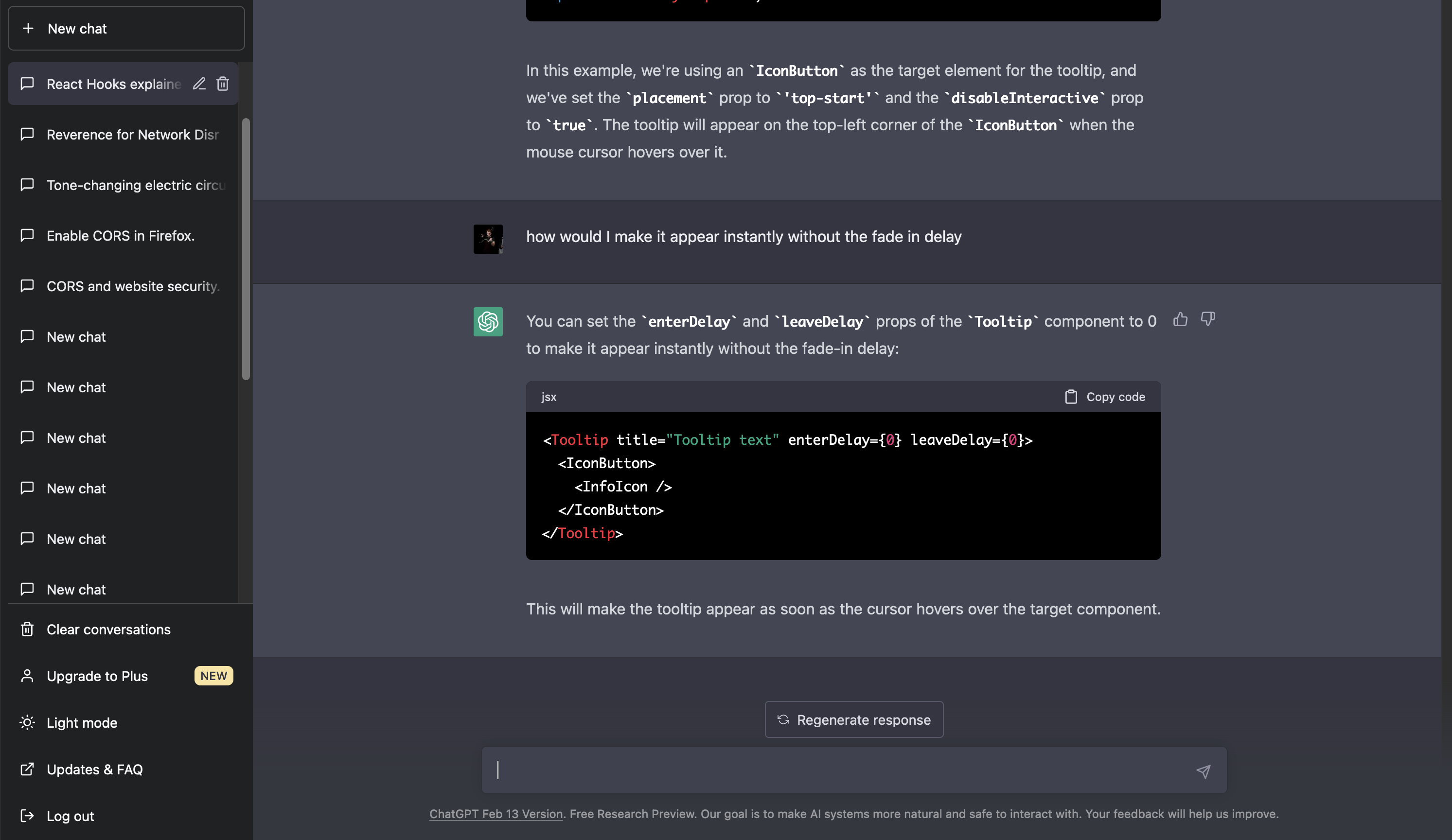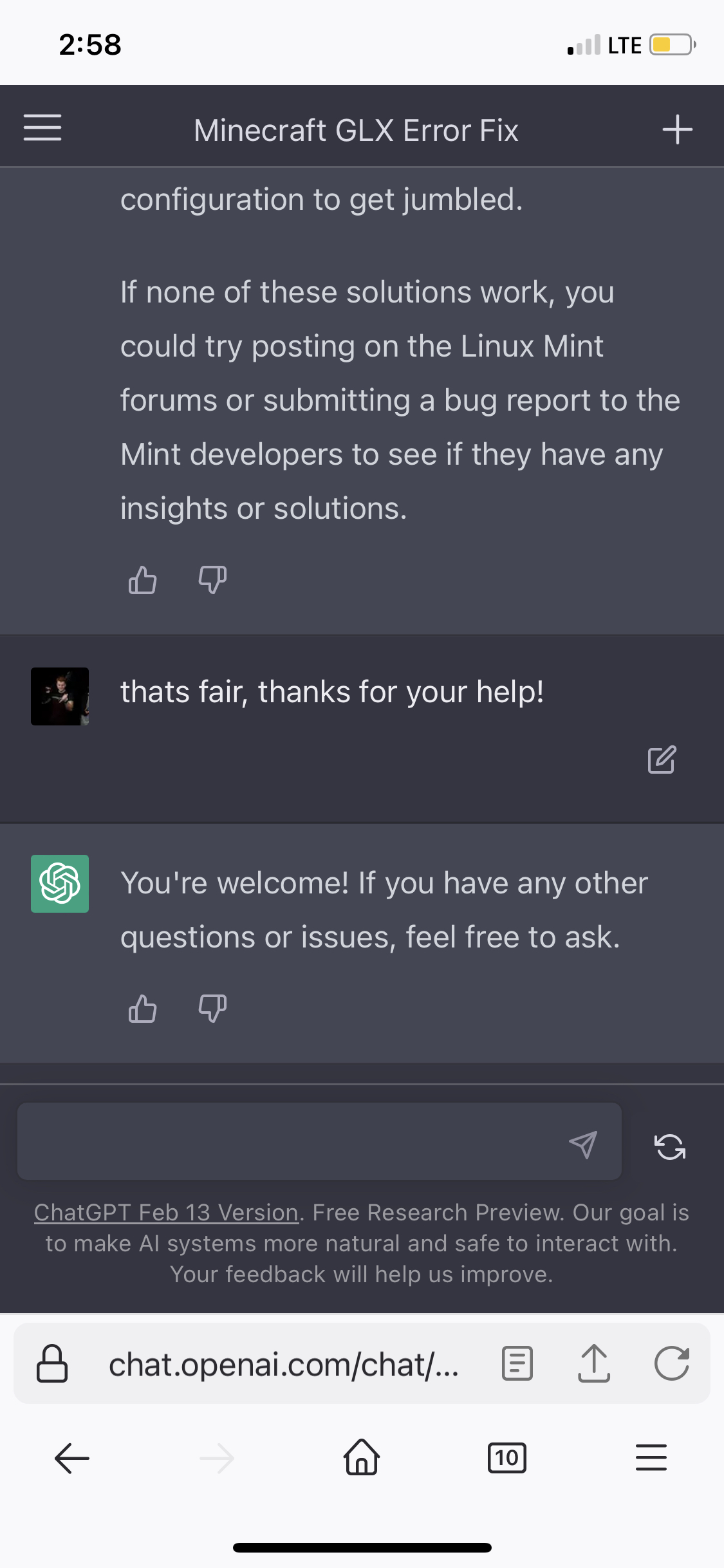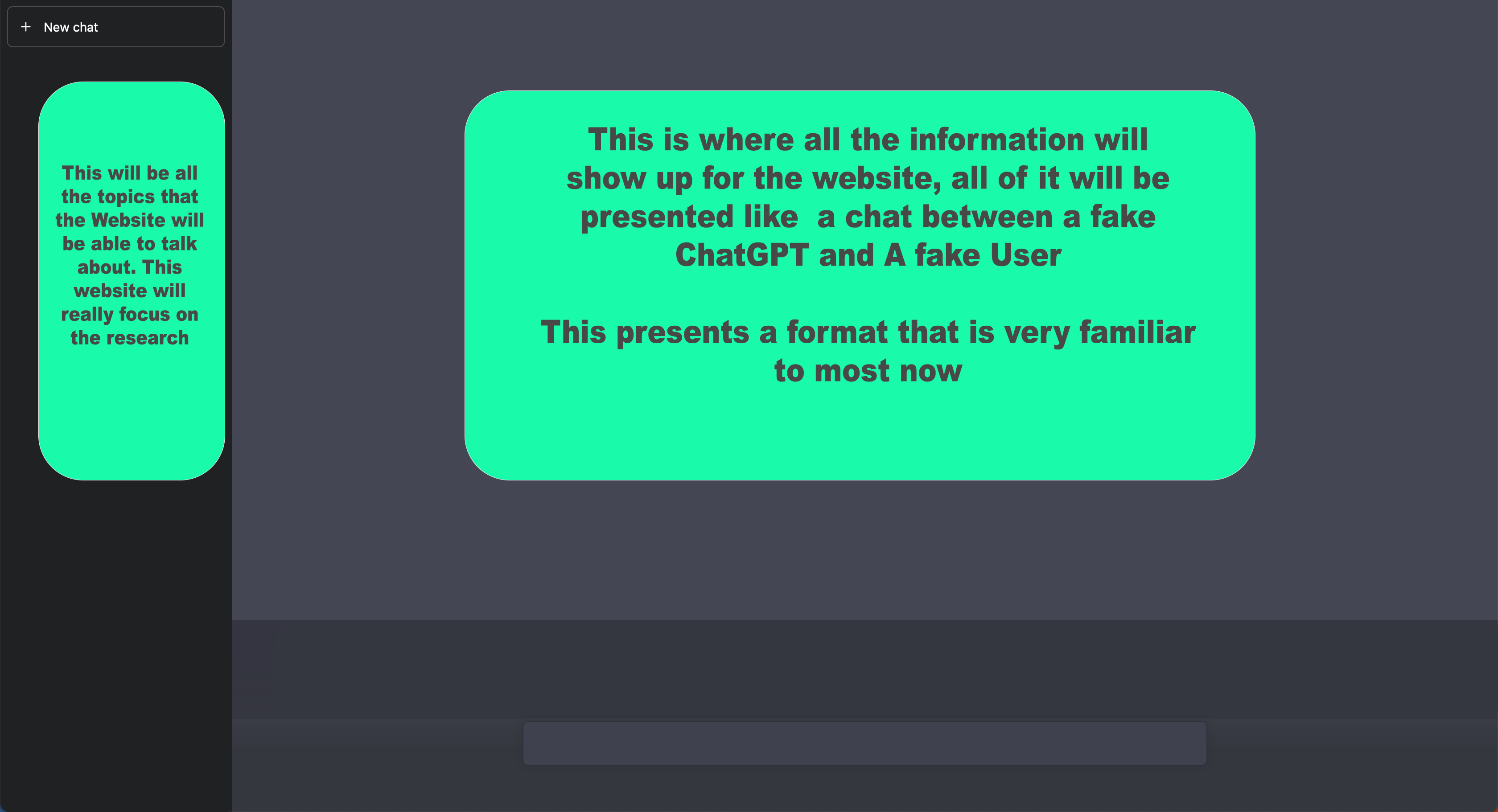
Reading 1 - As AI May Think - Week 2
In Vannevar Bush's article "As We May Think," he introduces the concept of a hypothetical device called the Memex machine, which is essentially a mechanized private file and library that allows an individual to store and access their personal records, books, and communications with exceeding speed and flexibility. The Memex machine was created with the idea of associative indexing, which is a system of indexing based on linking and association between different pieces of information, rather than the traditional alphabetical or numerical filing systems.
The concept of the Memex machine is strikingly similar to modern-day AI technologies such as ChatGPT, which uses machine learning algorithms to understand and generate natural language. Like the Memex machine, ChatGPT has the ability to store vast amounts of data and retrieve specific pieces of information based on context and association. The concept of associative indexing used in the Memex machine has been further developed in modern-day AI technologies such as chatbots, which are designed to provide personalized and relevant responses to user queries by utilizing the context of the conversation.
However, while the Memex machine was only a hypothetical concept when it was introduced, modern-day AI technologies have made this concept a reality. The ability to store and access vast amounts of data and retrieve specific pieces of information based on context and association has revolutionized the way we interact with information. This has led to the development of numerous AI-powered applications such as virtual assistants, recommendation systems, and chatbots that have significantly impacted our daily lives.

Reading 2 - The Virtual Revolution - Week 3
The Internet has definitely become a major part of our daily lives, shaping the way we communicate, access information, and interact with others. While it has a lot of perks, it also has its own set of difficulties.
One of the Internet's biggest assets is how simple and quick communication and access to information has become. With just a few clicks, you can stay in touch with friends and family from all around the world, share important details, and stay up to date with current events. Additionally, the World Wide Web gives us access to an enormous amount of knowledge and resources that would have otherwise been unavailable to us, leading to new possibilities for education, self-improvement, and personal growth.
Besides making communication and information easy, the Internet has also brought about a number of benefits that have positively impacted our lives. For instance, the Internet has made it possible for us to work and carry out business from anywhere in the world, allowing us to be more flexible and efficient. Online shopping has also made it easier for us to find and buy products and services, saving time and money. The entertainment industry has been significantly impacted by the Internet, giving us endless hours of entertainment through movies, music, and games.
Even though the internet has a lot of advantages, one of the major issues with the internet is the spread of false information and misinformation. With an overwhelming amount of information readily available, it can be tough to determine what's accurate and what's not. This can lead to the dissemination of false information and harmful ideas that can have negative impacts on individuals and society as a whole.
Another problem with the Internet is the effect it has on our privacy and security. Personal information is easily accessible online, making it simple for hackers and malicious individuals to access and misuse our private details. This can result in identity theft, financial fraud, and other serious problems.

Reading 3 - ERROR - Week 5
This one has been skipped

Reading 4 - Tweeting Furiously - Week 6
This one has been skipped

Reading 5 - The Nature of Remix - Week 9
As a software developer, I am certainly considered a copier, the nature of software development means everyone is copying others' code and we are all mostly okay with it as long as the amount of code that is copied is reasonable. Entire libraries exist for free because people were willing to make other's lives easier, yet as the documentary stated, companies like apple are the polar opposite of this concept, fighting tooth and nail if you dare use the same variable naming scheme as them.
But for this tremendous evil lies a good side of the coin, the Linux community. Now Linux is not perfect in any way, but as someone who uses it on his personal machines at home, I can say that it is simply a learning curve. Once you are comfortable with it, you are set to never need to use the morally disgusting windows or the legally and functionally limiting OSX ever again.
Why I bring this up is because Linux is the ultimate in remixing, there are effectively 2 widespread Linux distributions that are the foundation of every other distro out there, Arch and Debian, and guess what? they are both based on the same Linux kernel. The version of Linux that I use "Ubuntu" is just an adaptation of Debian, a very popular adaptation, more popular even than Debian itself, but an adaptation nonetheless and everyone is fine with it! Mark Shuttleworth isn't upset that everyone is taking Ubuntu and remixing it left and right, no, this is what he made it for!
Now I am only highlighting the good of the programming world and there is certainly some bad as well, but I think this mentality shows how a collaborative approach to our lives can be a great thing. Through the open source technique, the world has managed to make Operating systems that are more powerful, more useable and less morally corrupt than any of the closed-off legal jerks that run Microsoft, Google and Apple, and for the great price of free! That's the power of remixing and I will forever support the open-source community.
My most used application ever is a blender, an open-source 3D modelling software that lets people make their own tools and adaptations that in many cases end up included in the actual software releases for free! These tools scare the industry which is why you hear things like "blender isn't industry standard, it's not good enough" despite blender being considerably more powerful than any of these "industry standard" tools. It is our job as consumers to support these open-source projects that are the true innovators of the modern era.
, ,
|\\\\ ////|
| \\\V/// |
| |~~~| |
| |===| |
| |4 | |
| | 4 | |
\ | 9| /
\|===|/
'---'





